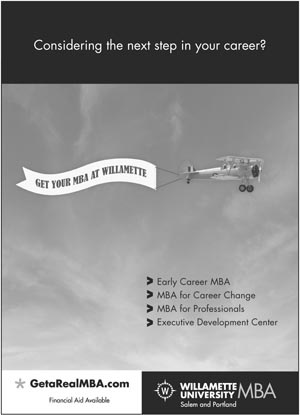 With a patchwork of carpet samples lining the walls, large Plexiglas windows in-between rooms and computers on their way, Pastor Mary Overstreet is realizing yet another one of her dreams.
With a patchwork of carpet samples lining the walls, large Plexiglas windows in-between rooms and computers on their way, Pastor Mary Overstreet is realizing yet another one of her dreams.
Overstreet's Sir J. Millage Autistic Drop-In Center is celebrating its grand opening at 4725 N. Williams Ave. on Saturday, Nov. 7 from 5 to 8:30 p.m.
The center offers a respite for parents and caregivers of people with autism. Whether going to the grocery store or out for dinner, Overstreet says she understands the often overwhelming responsibility placed on those who have to care for people with autism. The center offers a safe place for people with autism to spend their time. A nonprofit center, Overstreet says there is no cost for families, although they do accept donations.
Overstreet has been planning the center for nearly four years now. The catalyst came on Dec. 5, 2006, when Overstreet's great-grandson, Sir J. Millage, was beaten and tased 13 times by Portland Police after he was found wandering near Union Station.
 "I gathered with church leaders and said, 'We need an autistic drop-in center,'" she told The Skanner.
"I gathered with church leaders and said, 'We need an autistic drop-in center,'" she told The Skanner.
While a drop-in center would likely have had no affect on Millage – he escaped out a window during the night when Overstreet, his legal guardian, was sleeping – Overstreet hopes it raises the visibility of people with autism.
She also wants a physical place for families to be able to gather. While there are a number of support groups around the state, Overstreet feels that many families live in isolation.
"After I had had my great-grandson so long, I had received no information on autistic kids," she said. "I found out about the Oregon Autistic Association but only after his encounter with police."
Toni Curry, a professional organizer who's helping Overstreet grow the nonprofit center, says she sees the small center as the beginning of something bigger.
"Autism is isolating for the family, and for the person who has it," she says. "Somebody's got to start somewhere."
What's missing in Portland is interaction, which can benefit families and people with autism. There is hope that friendships and networking will be a positive byproduct of the center.
Running on a shoe-string budget and an all-volunteer workforce, Overstreet says it hasn't been easy.
"I started with no money," she said. "I'm good at starting with no money."
Everyone staying at the drop-in center must go through an evaluation before they are allowed to stay. Overstreet and Curry want to make sure those with an autistic spectrum disorder are a good fit with the other children and adults. She says volunteers also go through an evaluation process. Currently, she says there's about 20 volunteers lined-up, and many more are on a waiting list.
"I've always tried to do something that has an impact on people's life," she says. "I feel it's the right thing to do. I'm not getting any younger.





















































































































































































































































































































































